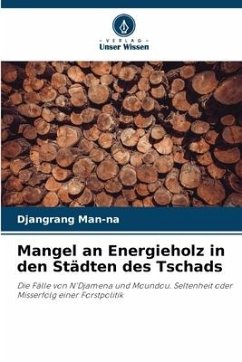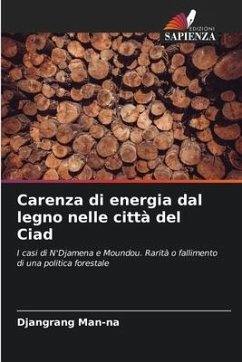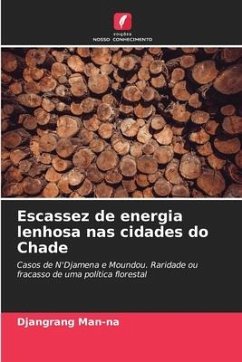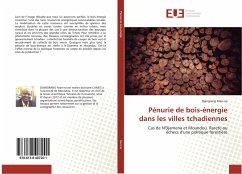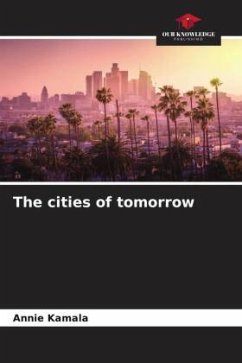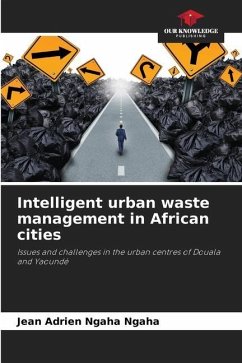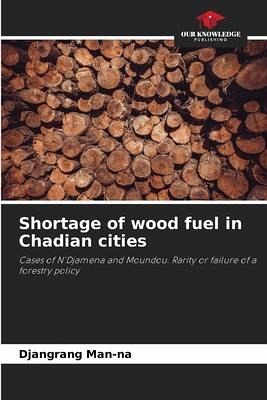
Shortage of wood fuel in Chadian cities
Cases of N'Djamena and Moundou. Rarity or failure of a forestry policy
Versandkostenfrei!
Versandfertig in 6-10 Tagen
41,99 €
inkl. MwSt.

PAYBACK Punkte
21 °P sammeln!
Far from the outdated image that we sometimes associate with it, wood energy is one of the few local renewable energy resources. The mobilization of this resource is likely to generate sustainable employment in both rural and urban areas, but in most cases contributes to the destructuring of rural landscapes and the surroundings of major cities in Chad. To remedy this new phenomenon, the Chadian government took restrictive measures: a formal ban on cutting green wood and a framework for collecting dead wood. A few months later, there is a real shortage of fuelwood in N'Djamena and Moundou. Is ...
Far from the outdated image that we sometimes associate with it, wood energy is one of the few local renewable energy resources. The mobilization of this resource is likely to generate sustainable employment in both rural and urban areas, but in most cases contributes to the destructuring of rural landscapes and the surroundings of major cities in Chad. To remedy this new phenomenon, the Chadian government took restrictive measures: a formal ban on cutting green wood and a framework for collecting dead wood. A few months later, there is a real shortage of fuelwood in N'Djamena and Moundou. Is this the opposite effect of the forestry policy or is the product scarce from the production sites?



